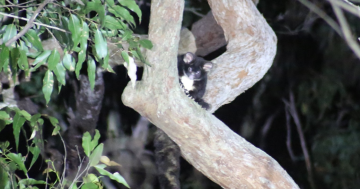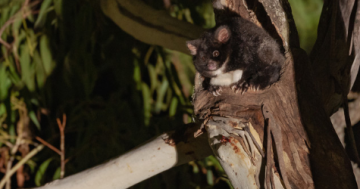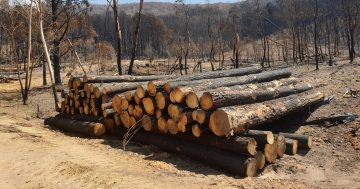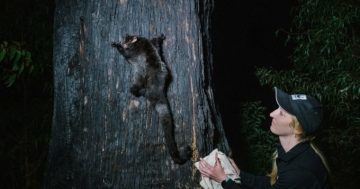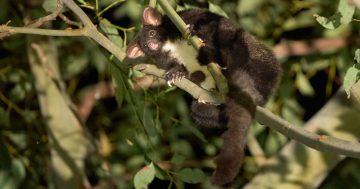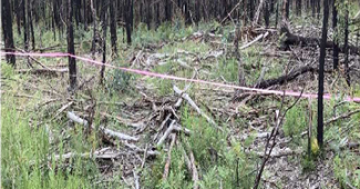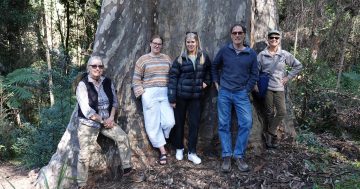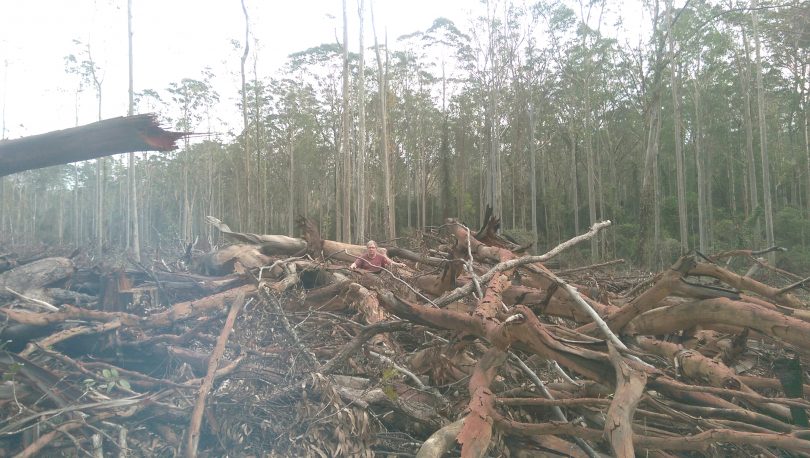
Community group Friends of Durras have been asking for logging slash to be cleared since 2015. Photo: Supplied.
There’s no question that the bushfire threat has eased up and down the South Coast due to recent rainfall and the fact that about 80 per cent of our forests are burnt and unlikely to reignite.
But living through the worst bushfire season in Australia’s known history, along with a growing understanding of the impact of climate change, has brought to the forefront questions about how forests are managed in future to prevent a repeat.
In South Durras, community group Friends Of Durras has called for immediate action by Forestry Corporation NSW to clean up woody debris caused by logging – also known as slash – in the Benandarah State Forest.
The group claimed they had repeatedly warned Forestry Corporation NSW about the bushfire risk posed by the slash since 2015, with the most recent warning issued just before fire broke out in surrounding forests in November 2019.
“Everyone has been so worried about this threat hanging over our heads for the last few months. We are all aware that the lightning strike that started the Currowan fire occurred in logging slash,” said Friends Of Durras spokesperson Alec Marr.
“This area should never have been logged so close to the coastal communities of South Durras, North Durras, Maloneys Beach, Long Beach and Surf Side, and continued failure to clean up this massive fuel load is gross negligence and must be rectified immediately.”
Alec says that unless rain continues and soil moisture levels are restored, the threat of bushfire breaking out in logging slash remains. He estimated the slash in the area at 100 tonnes per hectare and said residents of South Durras are concerned about its proximity to two petrol stations.
“We spent the last few months thinking, ‘I hope it doesn’t get into that slash or we’re gone’,” he says.
Much of the forest around North Durras is burnt and although no houses were lost in South or North Durras, Alec says that protecting the unburnt areas of Murramarang National Park is even more important now.
“We know that the area’s population of endangered Greater Gliders is sheltering in unburnt areas of Murramarang National Park. As well as the risk to our communities, the further burning of the national park would be devastating for animals.”
The South East Region Conservation Alliance spokesperson, Harriett Swift of Bega, said she is among those concerned about the viability of a local timber industry, especially post-fires.
“Eighty per cent of forests in the Eden Management Area have burnt. It’s time to protect what’s left. Right now, the forests and animals need time to recover,” Harriett says.
“It’s madness to think you can wave a magic wand and expect anything like ‘business as usual’ after these fires.”
A spokesperson for Forestry Corporation NSW said it has not carried out timber harvesting activities on the South Coast since the fires commenced.
“The Rural Fire Service is coordinating the emergency fire response, which includes the assessment of dangerous trees on roadsides and removal of any hazards that are likely to impact roadways to allow safe community access back into fire-affected areas,” the spokesperson said.
Forestry Corporation NSW has instead been involved in local fire containment operations.
“Some heavy plant ordinarily used for timber harvesting has been engaged by the Rural Fire Service and deployed to South East Forests National Park as part of the containment plan,” the spokesperson says.
Forestry Corporation NSW could not confirm if or when salvage logging would commence in fire-affected forests.
Alec believes logging contributes to increased bushfire risk.
“Logging may not be directly to blame for these fires but from everything we know, it doesn’t help,” he says.
“When old, wet forest is replaced with small regrowth of even height, the forest is more flammable, even without dry slash on the ground.”
For Harriett, the fires in the Eden Region show that logging increases bushfire risk and are an indicator that it’s time to move on from the timber industry, with re-training and support provided for those currently employed in the sector.
What do you think? Is there a future for timber harvesting on the South Coast?






